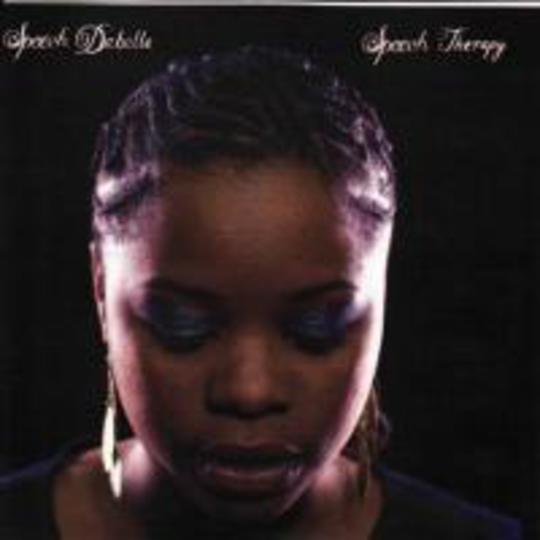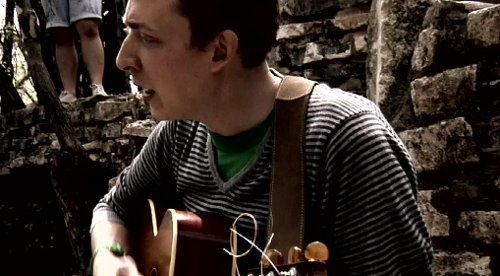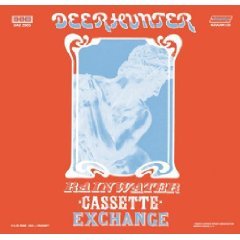Born to a middle-class South London Jamaican family, Speech Debelle’s genesis has been one defined entirely by herself, purposefully eschewing any conventional notions of lay-dee hip-hop. There’s little hardship and none of it is glamorised, the music is only harsh when it needs to be and, most importantly, Debelle’s dizzying lyrical constructs provide fulfilment and intrigue.
‘Searching’ - the opening track on debut album Speech Therapy - is a delicately brushed entrance, all sighing acoustica, dripping with yearning and hunger. As a description of her time in grotty London hostels, it’s desperate, beautiful and the polar opposite of Lisa Maffia. “I’m surrounded by cats, filthy cats, sitting on steps with cat-sized rats”, she quietly wails, never becoming self-pitying. Later, the texture of the song changes only to accommodate talk of arguments and pressures, sudden shuffling snare replacing the earlier lilt. When that lilt returns, maturity and knowledge of timbral shifts is totally evident.
‘Better Days’ features a grumpy contribution from avant-upstart Micachu, with well-measured strings offset by Speech’s tales of urban tedium, not being able to get to the gym, missing her mum, that kind of thing. It’s a potent contrast to have Micachu guest on the song – where she is gruff, almost mumbled in her diction, Debelle enunciates with cracking clarity, accent intact. Furthermore, Micachu’s mumblings almost border on the existential, while Debelle’s hyper-realism grounds the song with another obvious but essential balancing point. Lead single ‘The Key’ serves as another whimsical argument against the postures of commercial hip-hop, delightfully buoyant with chorusing clarinets and a frenetic narrative about childish grudges and standing up to slappers. All the time the listener spends in Speech’s company, they are lulled by the sound and slapped by the content.
On ‘Daddy’s Little Girl’, we reach something of an emotional centrepoint. This is the closest thing on the whole of Speech Therapy to other, more trodden areas of British hip-hop. Despite the familiarity of the tale, the obvious honesty carries it totally and, because of all the inventiveness showcased beforehand, it comes across as a worthy letter to a confusing figure. Best of all, Debelle involves the listener in the album process. We hear her mental struggle to complete her opus on ‘Finish This Album’, and in it discover that our Speech has to work hard to be as good as this, and that we might have to wait some time for a return. It’ll be worth it. With lyrics so accomplished, entertaining and labyrinthine as these to be matched with well-measured, anti-bravado beats and textural sensitivity it’s difficult not to see a bright future for Speech Debelle.






















